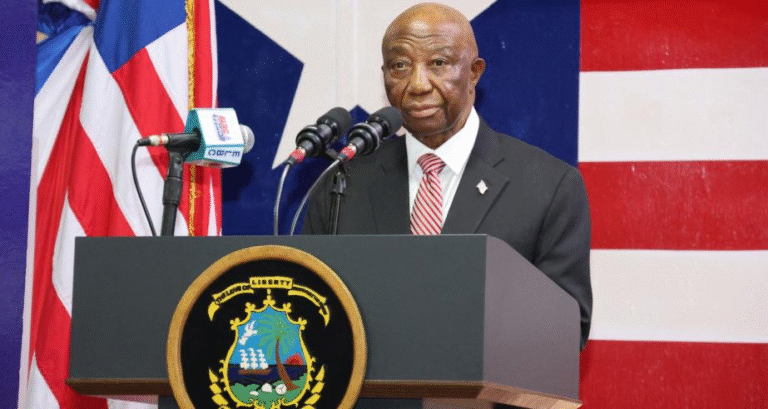In the fields of Zimbabwe, where the golden leaf of tobacco has long defined the fortunes of farmers and the economy alike, a quiet revolution is unfolding — and at its helm is a woman breaking stereotypes and building empires. Getmore Mangundu, a rising agro-industrial entrepreneur, is not only adding value to Zimbabwe’s most lucrative crop but is also blazing trails in sectors typically dominated by men: tobacco processing, seed production, and fertilizer distribution.
Adding Value to the Golden Leaf
For decades, Zimbabwe’s tobacco industry has focused heavily on export of raw leaf — a model that leaves the country vulnerable to fluctuating global prices and deprives it of the full value of its crop. Mangundu is part of a new generation of thinkers and doers focused on beneficiation and value addition.
Her company, which has already secured strategic partnerships with regional buyers and farmer cooperatives, is investing in localized tobacco processing, packaging, and regional exports of semi-finished products — a move designed to keep more value within the Zimbabwean economy and generate sustainable rural employment.
“Tobacco is our gold, but we’ve been selling it like it’s sand,” Mangundu says. “We need to transform how we trade, process, and package our crops if we’re serious about building wealth and legacy.”
Dominating Male Spaces: Seeds, Fertilizers & Strategy
Beyond tobacco, Mangundu is aggressively entering other traditionally male-dominated spaces in agribusiness — particularly certified seed supply and fertilizer distribution. Her work connects rural women farmers to high-yield seed varieties, while also ensuring that smallholder producers have access to inputs previously dominated by multinationals and politically-connected cartels.
In a sector where decisions are often made in closed boardrooms, Mangundu is putting boots on the ground. “I don’t just sign contracts; I walk the fields,” she asserts. “Understanding the science and economics of agriculture has been my biggest weapon.”
Part of a Continental Wave
Getmore Mangundu’s rise is not in isolation. Across Africa, more women are entering agribusiness not just as farmers, but as value chain architects.
In Nigeria, Nkechi Obi is transforming oil palm production through her company TechnoAgro, championing downstream processing of palm oil for export. In Kenya, Florence Wambugu, a biotech expert and agribusiness innovator, continues to lead the conversation around seed technology and smallholder inclusion. South Africa’s Nono Sekhoto, once a livestock farmer, is now a vocal advocate for youth and women-led agri-enterprise development across the SADC region.
What these women share with Mangundu is a fierce commitment to ownership, infrastructure, and policy influence — the three pillars critical to transforming agriculture from a subsistence activity into a wealth-generating machine for the continent.
Vision Beyond Borders
Mangundu’s ambitions stretch beyond Zimbabwe. She is currently exploring opportunities to expand her tobacco value addition model into Malawi, Zambia, and Mozambique, countries with similar agricultural ecosystems but underdeveloped processing capabilities.
She’s also an advocate for women-led agri-investment funds, arguing that financing remains one of the greatest barriers for African women trying to scale their ideas into industries. “We need to move from microcredit to macro-capital,” she says. “Women don’t need pity capital. They need trust capital and real seats at the table.”
A New Face of African Capitalism
In an era where Fortune Afrika Magazine is documenting the rise of a new African capitalism led by bold innovators with deep local knowledge and global ambition, Getmore Mangundu stands tall. She is not only changing how business is done — she’s changing who gets to do it.
Her success is a signal to financial institutions, governments, and development partners: invest in women who understand the land, who see opportunity not in the next trade, but in the next generation.
As the sun sets over the tobacco farms of Mashonaland, and another season of the golden leaf is harvested, one thing is clear — the future of African agriculture might just be female.






